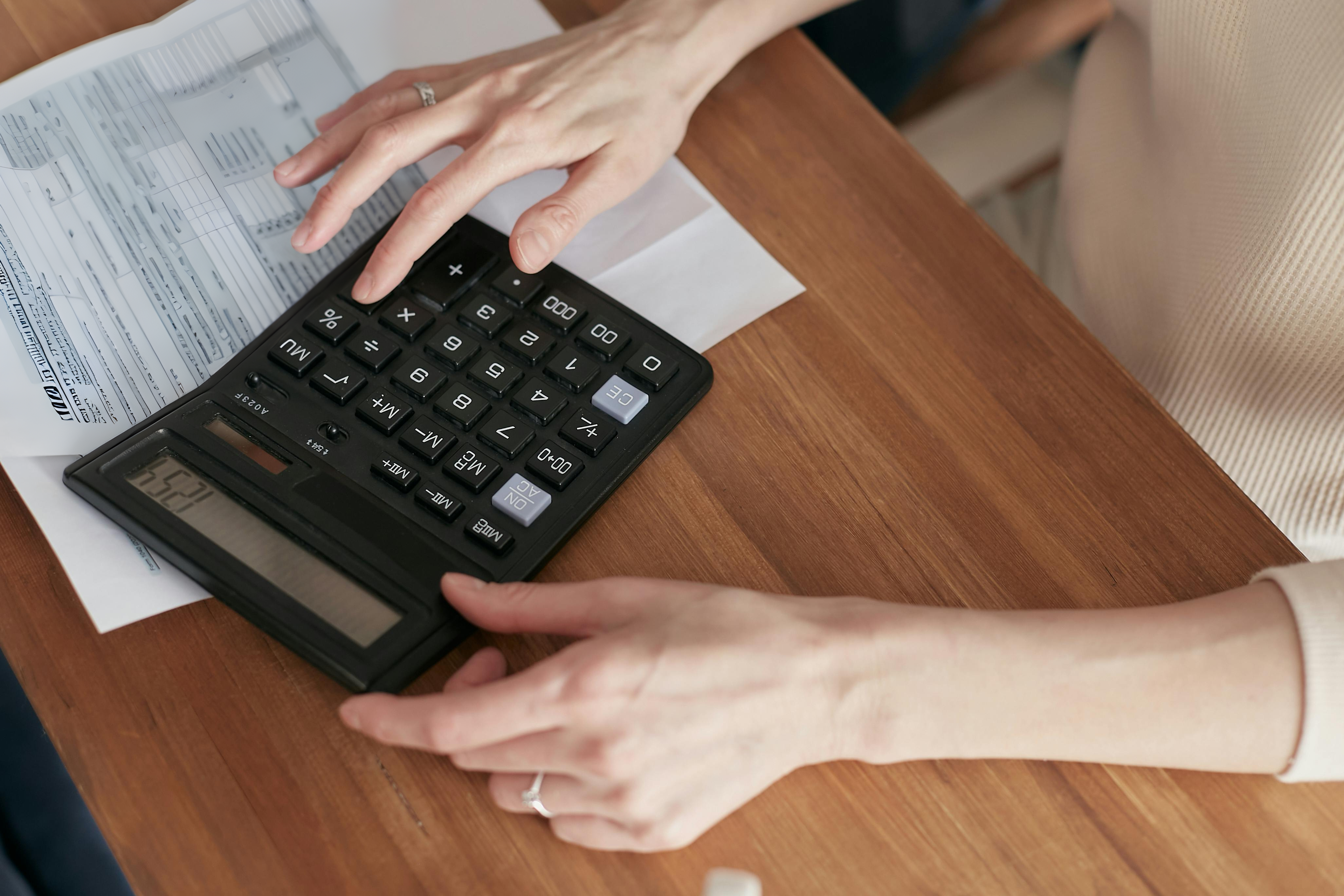
Invoicing under EOPT and its Implementing Regulations
By: Atty. Rodel C. Unciano
"While invoice is now the primary document supporting sale of both goods and services, the taxpayer is not precluded from issuing supplementary document other than sales or commercial invoice. This includes but is not limited to official receipt, delivery receipt, order slip, debit and/or credit memo, purchase order, acknowledgment or cash receipt, collection receipt, bill of lading, billing statement, statement of account, and any other document, by whatever name it is known or called, whether prepared manually or pre-printed/pre-numbered loose leaf or computerized as long as they are used in the ordinary course of business and being issued to customers. But for purposes of VAT, supplementary documents are not valid proof to support the claim of input taxes."
 Atty. Rodel C. Unciano +632 8403-2001 loc.380 |
As you may already be aware, one significant amendment introduced by the Ease of Paying Taxes Act (EOPT) is the uniform use of VAT invoice for both sale, barter, exchange, or lease of goods or properties, and for every sale, barter or exchange of services. So, for VAT compliance and for the purpose of claiming input tax credit, only VAT invoice is the acceptable proof to substantiate the claim for input tax credit, whether it is a purchase of goods or purchase of services.
As defined under Revenue Regulations (RR) 7-2024, invoice is a written account evidencing the sale of goods and/or services issued to customers in the ordinary course of trade or business. This includes Sales Invoice, Commercial Invoice, Cash Invoice, Charge/Credit Invoice, Service Invoice, or Miscellaneous Invoice. It is also referred to as a principal invoice.
 VAT Invoice is a written account evidencing the sale of goods, properties, services, and/or leasing of properties subject to VAT issued to customers or buyers in the ordinary course of trade or business, whether cash sales or on account or charge sales. It shall be the basis of the output tax liability of the seller and the input tax claim of the buyer or purchaser.
VAT Invoice is a written account evidencing the sale of goods, properties, services, and/or leasing of properties subject to VAT issued to customers or buyers in the ordinary course of trade or business, whether cash sales or on account or charge sales. It shall be the basis of the output tax liability of the seller and the input tax claim of the buyer or purchaser.
Non-VAT Invoice is a written account evidencing the sale of goods, properties, services, and/or leasing of properties not subject to VAT issued to customers or buyers in the ordinary course of trade or business, whether cash sales or on account or charge sales. It shall be the basis of the percentage tax liability of the seller, if applicable.
While invoice is now the primary document supporting sale of both goods and services, the taxpayer is not precluded from issuing supplementary document other than sales or commercial invoice. This includes but is not limited to official receipt, delivery receipt, order slip, debit and/or credit memo, purchase order, acknowledgment or cash receipt, collection receipt, bill of lading, billing statement, statement of account, and any other document, by whatever name it is known or called, whether prepared manually or pre-printed/pre-numbered loose leaf or computerized as long as they are used in the ordinary course of business and being issued to customers.
.
But for purposes of VAT, supplementary documents are not valid proof to support the claim of input taxes by the buyers/purchasers of goods and/or services. All VAT-registered persons and those required to register for VAT are now required to issue VAT invoice as the principal document and are required to comply with the amended invoicing requirements under the EOPT Act.
Under RR 7-2024, during the transitory period, all unused or unissued Official Receipts may still be used as supplementary document until fully consumed, provided that the phrase "THIS DOCUMENT IS NOT VALID FOR CLAIM OF INPUT TAX." is stamped on the face of the document. The Official Receipt, along with other equivalent documents such as Collection Receipt, Acknowledgement Receipt, and Payment Receipt will serve as proof of payment that cash has been received or that payment has been collected.
Taxpayers shall be allowed to strikethrough the word "Official Receipt" on the face of the manual and loose leaf printed receipt and stamp "Invoice", "Cash Invoice", "Charge Invoice", "Credit Invoice", "Billing Invoice", "Service Invoice", or any name describing the transaction, and to be issued as primary invoice to a buyer/purchaser until December 31, 2024. These documents shall be valid for claim of input tax by the buyer/purchaser for the period issued from January 22 to December 31, 2024, provided that the invoice to be issued bears the stamped "Invoice" and contains information required under RR 7-2024.
The converted invoice can serve as proof of sales transaction and proof of payment at the same time. Any Official Receipts, whether stamped with "Invoice" or unstamped, issued after December 31, 2024, will be considered supplementary document only and shall no longer be eligible for input tax claims.
The author is a partner of Du-Baladad and Associates Law Offices (BDB Law), a member-firm of WTS Global.
The article is for general information only and is not intended, nor should be construed as a substitute for tax, legal or financial advice on any specific matter. Applicability of this article to any actual or particular tax or legal issue should be supported therefore by a professional study or advice. If you have any comments or questions concerning the article, you may e-mail the author at This email address is being protected from spambots. You need JavaScript enabled to view it. or call 8403-2001 local 380.




